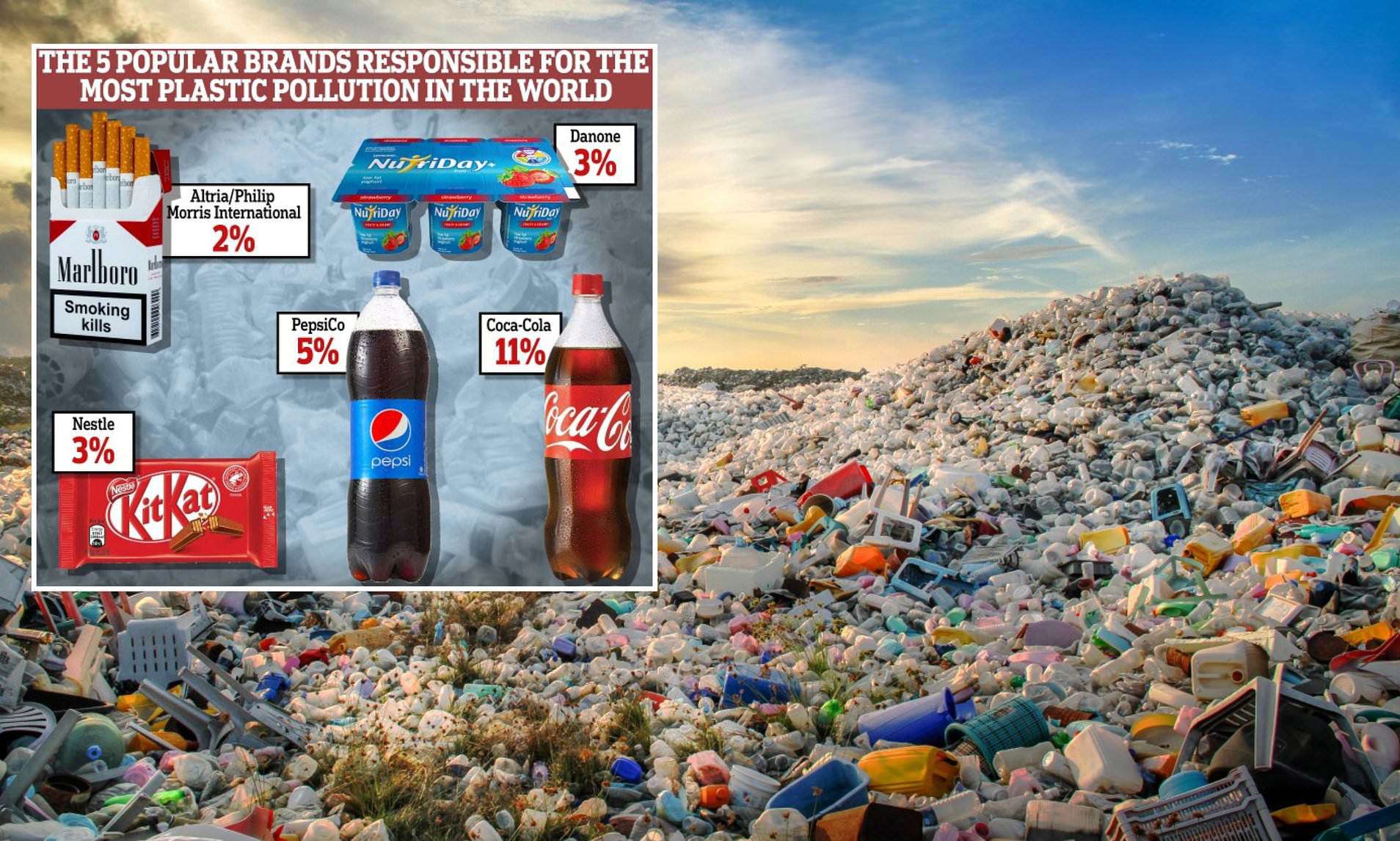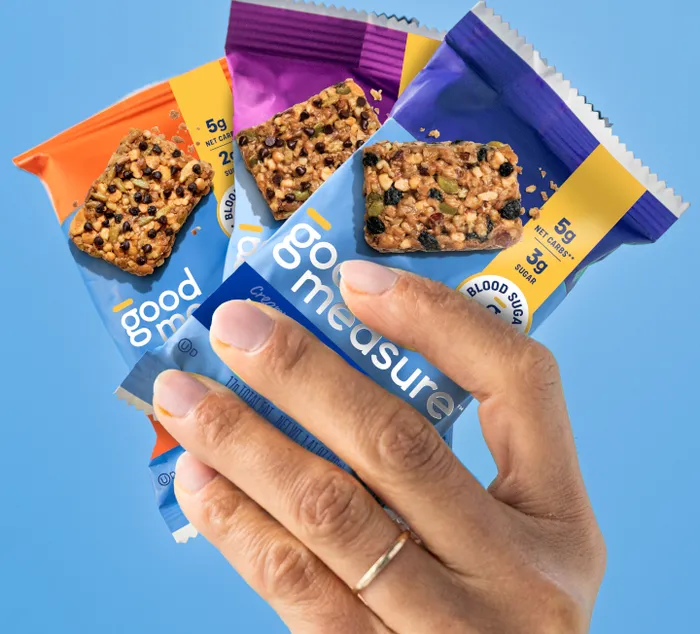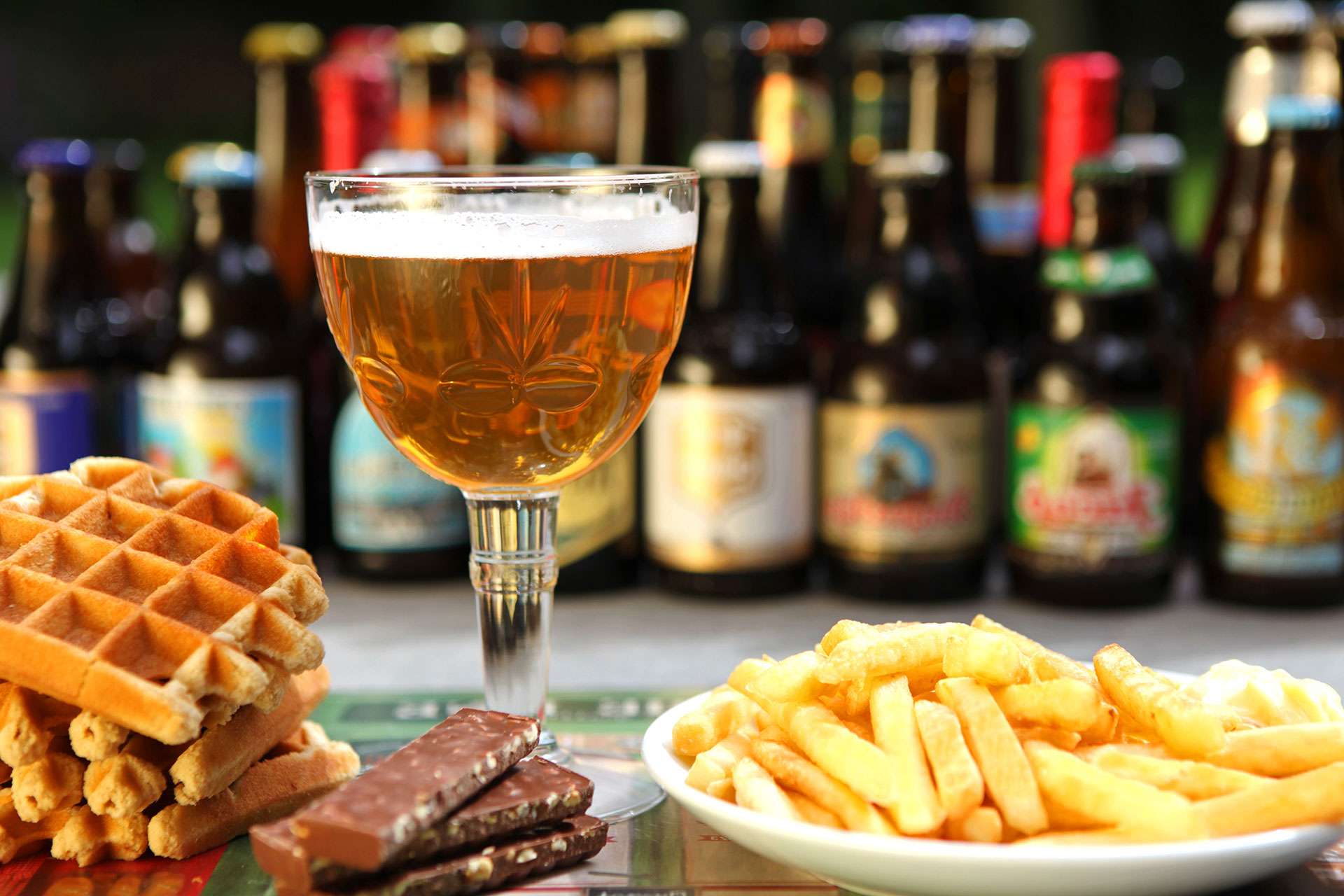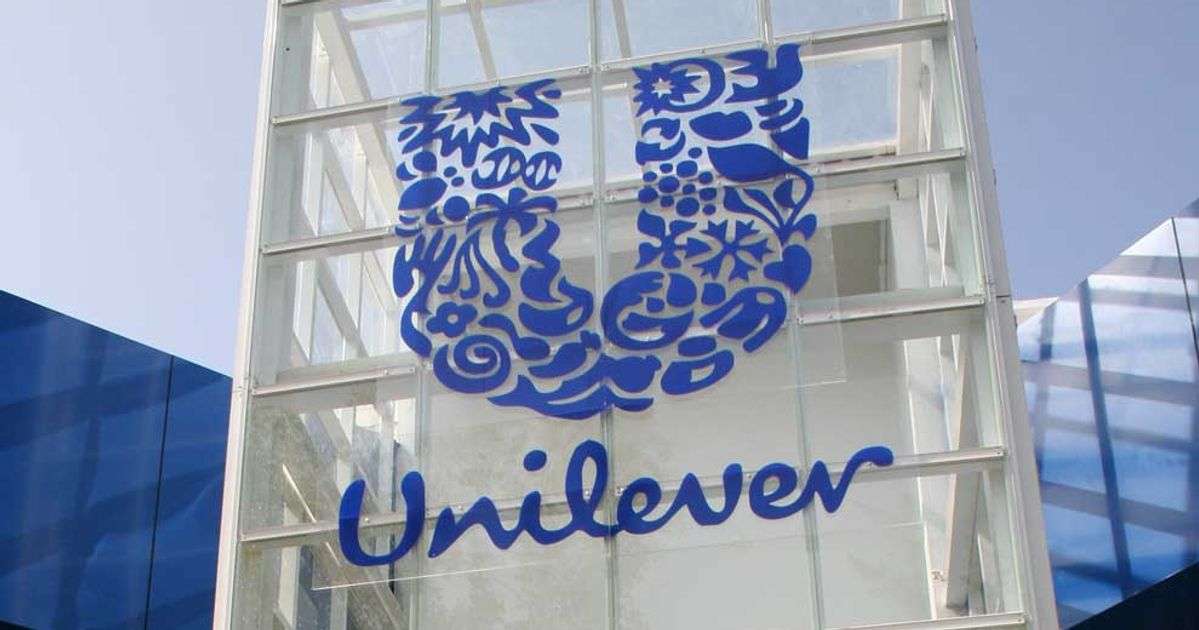Introduction to Plastic Pollution in the Food and Beverage Sector
A recent study highlights the significant role that major food and beverage companies, including Nestlé, PepsiCo, Danone, and The Coca-Cola Co., play in contributing to global plastic pollution. The research underscores the disproportionate impact these industries have on the environment, particularly in areas such as beaches, rivers, and parks across 84 countries.
Related: Coca-Cola Introduces Redesigned PET Bottles
The Study’s Findings: Leading Polluters Identified
Overview of Plastic Waste Sources
The report conducted 1,576 inspections in various environments and discovered 28,570 brand names on plastic waste. The findings revealed a strong correlation between high levels of production by food and beverage companies and the prevalence of their plastic waste in the environment. The Coca-Cola Co. emerged as the top contributor, with its products accounting for 11% of the branded plastic waste, followed by PepsiCo at 5%, and Nestlé and Danone each at 3%.
Broader Industry Impact
Aside from these major players, the study also pointed to other significant contributors such as Bakhresa Group, Unilever, Wings, Mayora Indah, Mondelez International, Mars, and Salim Group’s Indofood. These companies, along with the top four, are part of a group of around 60 multinationals responsible for more than 50% of the branded plastic pollution documented.
Related: Why Shareholders Are Pressurising Nestle
Consumer Behavior and Product Lifecycle
Challenges with Single-Use Products
The researchers noted that food and beverage products often have shorter usage periods before disposal, heavily featuring single-use items. This category is particularly prone to being consumed on-the-go, which increases the likelihood of improper disposal and contributes to environmental pollution.
Unbranded Plastic and Tracking Difficulties
The study also found that over half of the plastic items were unbranded, complicating efforts to trace back to their producers. This suggests that the actual contribution of top companies to plastic pollution could be even greater than reported, highlighting a critical area for more stringent monitoring and reporting.
Related: The Carrefour-PepsiCo Dispute
Corporate Responses and Strategies
Nestlé’s Commitment to Reduction
In response to the findings, a spokesperson from Nestlé emphasized the company’s dedication to addressing plastic pollution, noting a 14.9% reduction in the use of virgin plastic since 2019. Nestlé’s efforts reflect a broader commitment to environmental sustainability and responsible production practices.
PepsiCo’s Long-Term Investments
PepsiCo has also been proactive, investing for over a decade in reducing packaging use, scaling reusable models, and enhancing collection and recycling systems. The company acknowledges the complexities of creating a more circular economy and stresses the importance of collaborative efforts in this endeavor.
Danone’s Focus on Recycling
Similarly, Danone has focused on supporting improved collection and recycling infrastructures to facilitate consumer recycling practices. Between 2018 and 2023, Danone managed to reduce its plastic usage by 8% and has made 84% of its packaging recyclable, reusable, or compostable.
Industry-Wide Call to Action
The study calls for the creation of an international, open-access database where companies would be mandated to track and report quantitatively on their products, packaging, brands, and environmental releases. This initiative aims to foster greater transparency and accountability, facilitating better environmental stewardship by major corporations.
Conclusion: Moving Towards Sustainability
The report on plastic pollution from major food and beverage producers presents a mixed picture of challenges and progress. While the findings highlight significant environmental impacts due to corporate practices, they also show a promising shift towards sustainability through corporate commitments and innovations in packaging. As consumer awareness grows and regulatory pressures increase, these companies are likely to continue their journey towards more sustainable and environmentally friendly practices. The ongoing challenge will be balancing corporate growth with ecological responsibilities, ensuring a healthier planet for future generations.
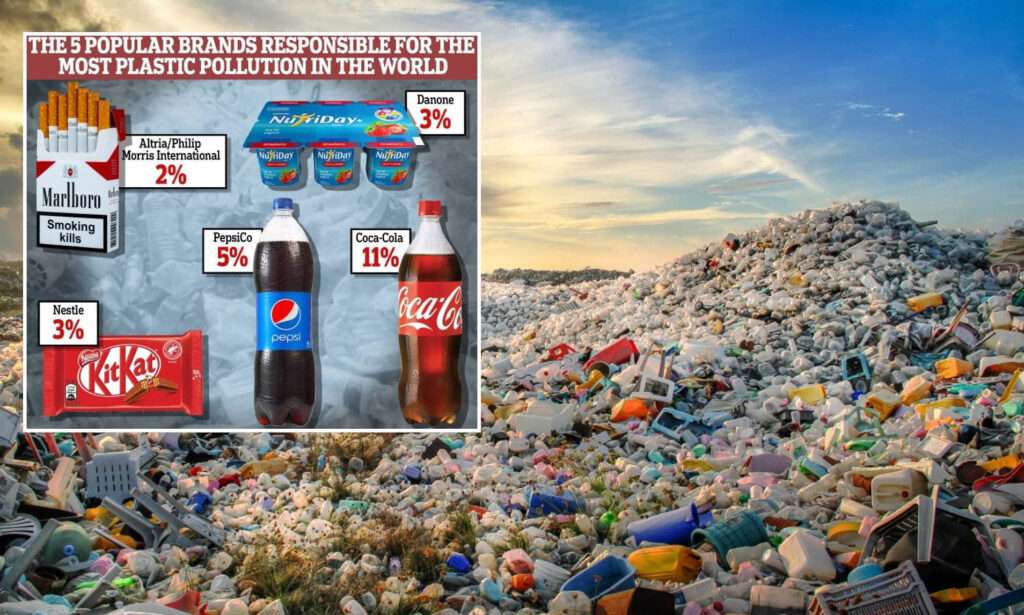
Source: Just Food
